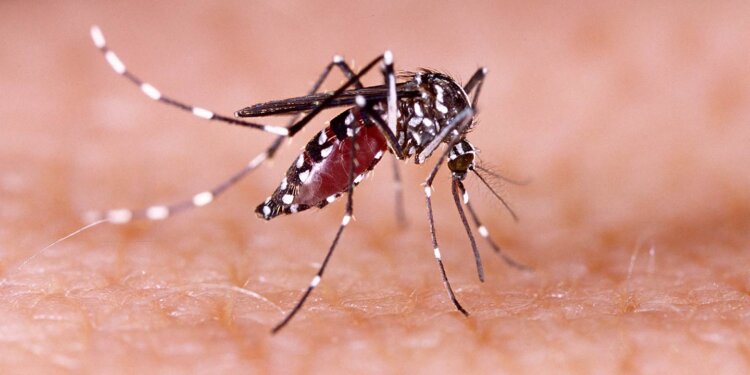Dengue fever is spreading throughout the country, which is a serious public health problem. Dengue fever is a mosquito-borne tropical disease that begins three to fourteen days after infection. Dengue fever’s most common symptoms include vomiting, high fever, muscle and joint discomfort, body rashes, and headaches. Dengue fever can be lethal if not treated appropriately and promptly. Dengue fever is spread by many species of female mosquitoes of the Aedes Genus. Mosquitoes breed in stagnant, dirty water. When we take the necessary precautions, we can prevent the spread of dengue fever and keep ourselves safe. Here are some preventative precautions you can take.
Remove standing water: Standing water is an ideal breeding ground for mosquitos, which can spread the dengue virus and infect people nearby. It is critical to keep an eye out for any type of stagnant water around us and eliminate it for our own protection.
Empty unused water containers: When water containers are left uncovered in an open environment, they can gather rainwater and provide breeding grounds for mosquitos. We should be aware of any unused water containers in our surroundings and empty them on a regular basis.
Keep drains clean and clear: We should maintain our house’s drainage system and clean and clear it of waste on a regular basis. We can also contact the appropriate authorities to clean the drains around us, particularly during the monsoon season when drains tend to overflow.
Use mosquito repellents: If we detect a surge of mosquitoes around us, we should use appropriate mosquito repellents and strive to keep ourselves safe.
We can use home mosquito control to efficiently eliminate mosquitos. We must ensure that our homes are free of dengue virus and other illnesses, especially during the rainy season.







 Finance
Finance







